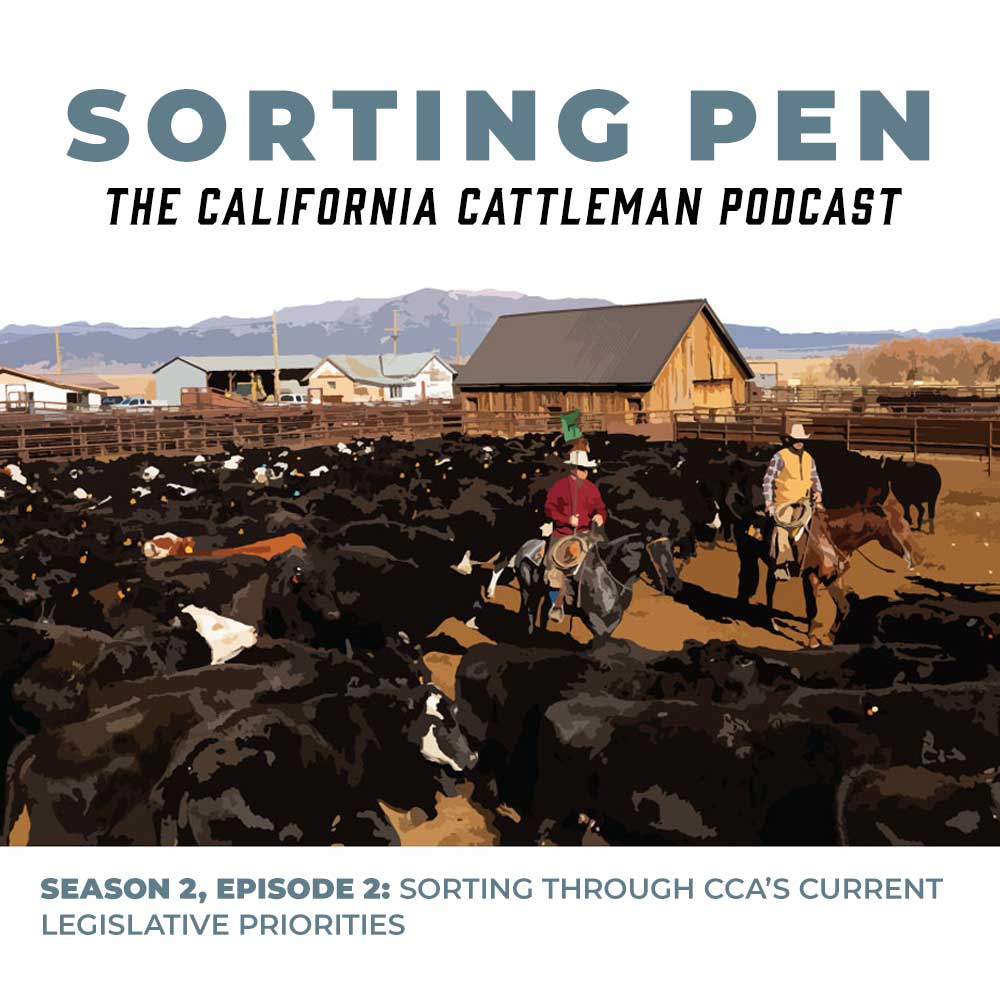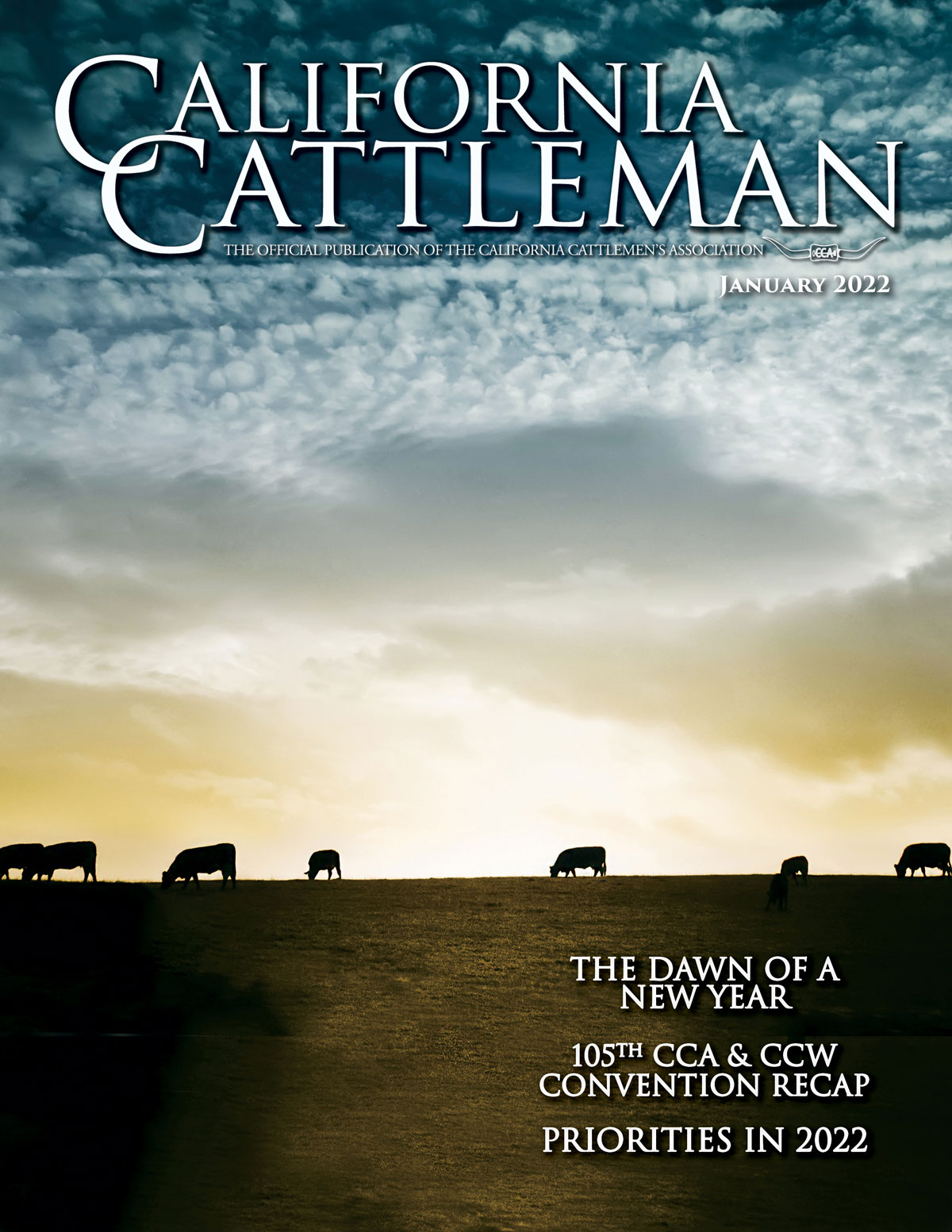
LEGISLATIVE BULLETIN
January 24, 2022
To read the full version each week, please subscribe below.
USDA Announces Ten Year Plan to Address Wildfires
On Tuesday the US Forest Service released a strategy to reduce fire fuels in forests throughout the West called Confronting the Wildfire Crisis: A Strategy for Protecting Communities and Improving Resilience in America’s Forests.
The strategy involves treating targeted areas of forest to decrease the likelihood of catastrophic wildfire in areas of the nation most impacted by wildfire. The Forest Service terms these high-risk areas “firesheds,” “large, forested landscapes with a high likelihood that an ignition could expose homes, communities, infrastructure and natural resources to wildfire.” The average size of a fireshed is around 250,000 acres.
The Forest Service will begin treatment in areas deemed to have the highest risk due to potential community exposure to the effects of wildfire or a high density of natural resources such as water. These high-risk firesheds include large swaths of California’s Sierra Nevada Range.
The treatment will be funded by around $3 billion from the Bipartisan Infrastructure and Jobs Act that was passed last summer. Treatment will include 20 million acres on national forests and grasslands and up to an additional 30 million acres of other federal, state, Tribal and private lands. Some of the strategies that will be used to treat the land include prescribed fire, thinning and community fire planning.
Unfortunately, it is not immediately clear whether the strategy will meaningfully improve wildfire resilience on federally-owned forests within California. Target firesheds are primarily in the wildland-urban interface rather than forest-wide. Additionally, the target of treating 20 million acres across the West over ten years is not a significant increase over current annual treatment levels. Indeed, the USFS has already committed to treating 500,000 acres per year within California by 2025 via its Agreement for Shared Stewardship of California’s Forest and Rangelands – it is not apparent that the newly-announced strategy will result in additional treatments of California’s forestlands beyond those suggested in that non-binding agreement.
SWRCB Updates Water Right Curtailments in Multiple Watersheds
Last Wednesday, the State Water Resources Control Board (SWRCB) reimposed certain water rights curtailments in the Sacramento-San Joaquin Delta watershed (Delta).
Currently, appropriative water rights in the Putah Creek subwatershed outside of the Legal Delta with a priority date of 1986 or later and appropriative water rights in the Fresno River subwatershed with a priority date of 1959 or later are curtailed. If your water rights fall in either of those categories, your water rights are curtailed until further notice from the SWRCB. You can check the status of your water rights on the Delta Watershed Curtailment Status List. More information can be found on the Delta Drought webpage.
Additionally, on Friday the SWRCB announced that all curtailments in the Scott River watershed are temporarily suspended through midnight this Friday, January 28, as long as the 200 cubic feet per second flow requirement is met at the United States Geological Survey Fort Jones gage. Also on Friday, the SWRCB announced that the prohibition on inefficient livestock watering in the Shasta River watershed is suspended through the rest of January. More information on drought in the Scott and Shasta River watersheds can be found on the Scott River and Shasta River Drought webpage.
For any questions about curtailment notices or how to comply, please contact the Ranchers Technical Assistance Program at (916) 409-6902 or rtap@wrstrat.com.
Livestock Guardian Dogs on Stories from California Cattle Country
On this episode Ryan talks with Dan Macon, a Livestock and Natural Resources Advisor with the University of California Cooperative Extension, about livestock guardian dogs. Listen to learn about the need for these dogs, their training and their viability in livestock operations. To listen and see a video and photos from our visit with Dan’s flock and two livestock guardian dogs, Elko and Dillon, visit https://calcattlecouncil.org/livestockguardiandogs.
The episode is also available on a variety of platforms for streaming podcasts. Stories from California Cattle Country is produced by the California Cattlemen’s Foundation with support from the California Cattle Council.
Administration Releases 2021 Water Resilience Portfolio Progress Report
Earlier this month, the California Natural Resources Agency, California Environmental Protection Agency and California Department of Food & Agriculture released their 2021 Water Resilience Portfolio Progress Report, providing an update on the State’s progress toward achieving the 142 tasks outlined in the 2020 Water Resilience Portfolio. For more information, see last week’s edition of Legislative Bulletin.
Governor Newsom Unveils Proposed 2022-23 Budget
On January 10, Governor Gavin Newsom unveiled the “California Blueprint,” overviewing his proposed investments for the state’s record $286.4 billion Fiscal Year 2022-23 Budget. For CCA’s breakdown of the budget’s drought, wildfire and agricultural provisions most impacting California cattle ranchers, see the January 10 edition of Legislative Bulletin. Also check out the newest episode of Sorting Pen: The California Cattleman podcast.
CNRA Releases Draft Strategy for 30×30 Initiative
On December 15, the California Natural Resources Agency released “Pathways to 30×30: Accelerating Conservation of California’s Nature,” a draft strategy document for achieving the state’s goal of conserving 30% of the state’s land and coastal waters by 2030. The draft is available for public comment through February 15. For more information, see the January 10 edition of Legislative Bulletin.
Healthy Soils Program Incentives Program Application Period Open
The California Department of Food and Agriculture (CDFA) is accepting applications for the Healthy Soils Program Incentives Program until funds run out or by February 25. This program “provides financial incentives to California growers and ranchers to implement conservation management practices that sequester carbon, reduce atmospheric greenhouse gases (GHGs), and improve soil health.” To learn more about applying click here.
Upcoming CCA Events
CCA Feeder Meeting
May 25-27, San Diego
CCA Midyear Meeting
June 22-23, Rancho Murieta
Upcoming Industry Events
Cattle Industry Convention & NCBA Trade Show
February 1-3, Houston
SB 88 Water Measurement and Reporting Update
February 17, 4:30 p.m., Virtual
Last year, legislation altered the due dates for water measurement and use reporting required annually of all California water diverters, commonly referred to as SB 88 regulations. In 2022, reports for all water diversions will be due April 1, and will be due February 1 of each subsequent year.
The Rancher Technical Assistance Program (RTAP) offers free regulatory assistance to all California cattle producers and is funded by the California Cattle Council. On February 17, RTAP will hold this webinar to go over the State Water Resources Control Board’s recent changes to the due date for water measurement and use reporting. This webinar will provide an overview of SB 88 regulations, discuss the due date changes, and have time for questions and answers. Participation is free but registration is required. Click here to register.
Ranchers Wildfire Field Day
February 18, 8 a.m. – 4 p.m., Browns Valley
The University of California Cooperative Extension is collaborating with the California Cattle Council and the UC Sierra Foothill Research and Extension Center (SFREC) to host a Ranchers Wildfire Field Day at the SFREC in Browns Valley. To see the agenda for this day, learn more and register for this event, click here.
CCA in the News
CA Gov. Newsom unveils 2022-23 budget Western Livestock Journal “According to the California Cattlemen’s Association (CCA), Newsom, during the press conference, showed a slide highlighting grazing’s role in forest health and resilience and touched on CCA priorities, such as expanding grazing and utilizing prescribed fire. The proposed budget also earmarks $382 million for strategic wildfire fuel breaks and $44 million for community hardening, among other funding priorities.” To continue reading, click here.
Calif. Chamber of Commerce Announces 122-Member Coalition Opposed to Single Payer Health Care Proposals insurancenewsnet.com “The California Chamber of Commerce issued the following joint news release with 122 Organizations on Jan. 19, 2022: A large and diverse coalition of California-based organizations is registering formal opposition to CalChamber-identified Job Killer bills AB 1400 (Kalra, Lee and Santiago) and ACA 11 (Kalra and Lee). The bills would establish and raise taxes necessary to fund a single payer health care system called CalCare in California.” To continue reading, click here.
Industry News
California Beef Council announces new executive committee for 2022 Morning Ag Clips “The California Beef Council (CBC) welcomed a new executive committee for 2022, with Cindy Tews of Fresno serving as chair for the coming year. Tews comes into the role on the heels of Tom Barcellos, who provided leadership and guidance as chair during 2021.” To continue reading, click here.
Citing wildfires, animal rights activists petition California officials to stop bear hunting The Sacramento Bee “Next month, the California Fish and Game Commission, which sets state hunting regulations, will hear a petition from the Humane Society of the United States that urges the board to suspend the state’s upcoming bear season that begins in late summer.” To continue reading, click here.
Biden Administration Appoints Blong Xiong to Serve as State Executive Director for USDA’s Farm Service Agency in California USDA Farm Service Agency “The Biden Administration recently appointed Blong Xiong as the new State Executive Director (SED) for the USDA California Farm Service Agency (FSA). Xiong joined the California FSA team on Jan. 18, 2022.” To continue reading, click here.
Kamala Harris to announce wildfire money in visit to California on Friday Los Angeles Times “Vice President Kamala Harris plans to visit a San Bernardino fire station Friday to announce the federal government will provide California $600 million to help the state recover from a historically severe wildfire season while highlighting plans to spend $5 billion more to address the dangers posed by fires, an administration official said.” To continue reading, click here.
New Episode of Sorting Pen: The California Cattleman Podcast
The California legislature is back for the second year of the 2021-22 legislative session and CCA’s government affairs team is already working hard to block bad legislation and sponsor some of CCA’s own bills. Listen now as CCA Vice President of Government Affairs Kirk Wilbur joins Katie on this episode to explain. Click here to listen.



